
Short Poetry Collection 097
This is a collection of poems read by LibriVox volunteers for June 2011. [chương_files]


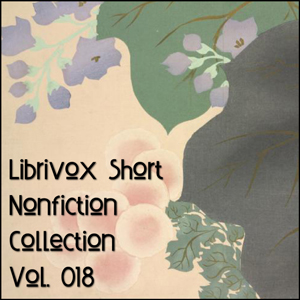
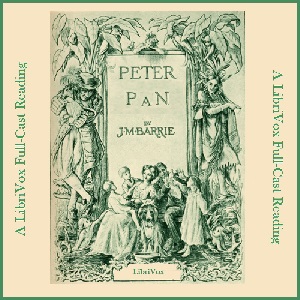



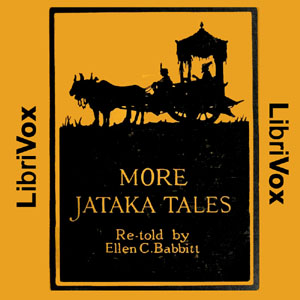



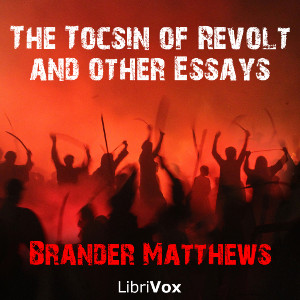

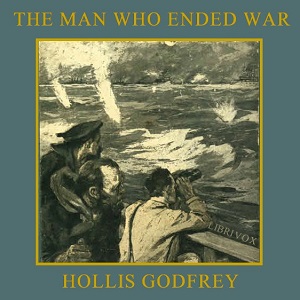
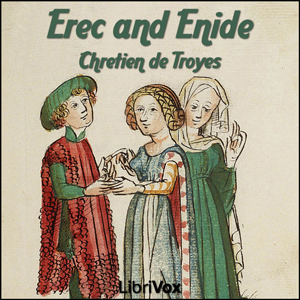

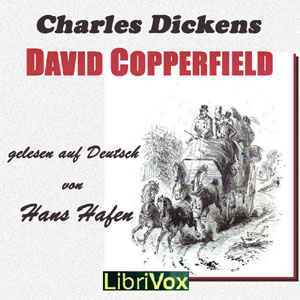

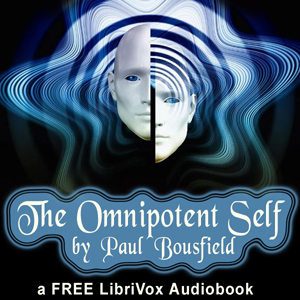
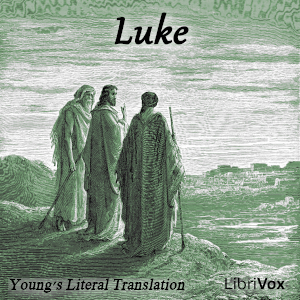

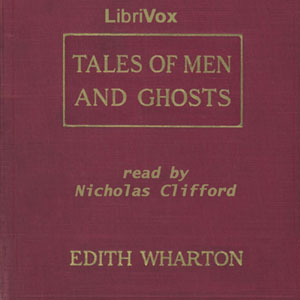




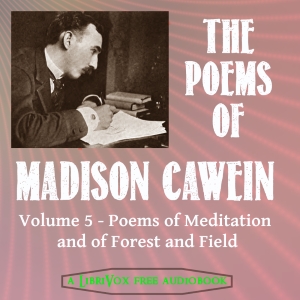
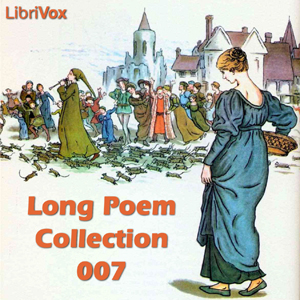
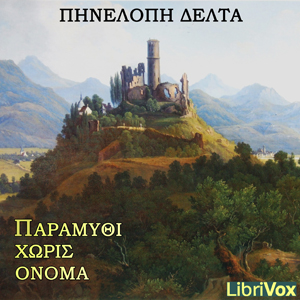

This is a collection of poems read by LibriVox volunteers for June 2011. [chương_files]

This recording is in Hebrew. Asher Zvi Hirsch Ginsberg (1856 – 1927), primarily known by his Hebrew name and pen name Ahad Ha’am (literally “one of the people”), was a Hebrew essayist and one of the greatest pre-state Zionist thinkers. With his secular vision of a Jewish “spiritual center” in Palestine he confronted Theodor Herzl. Unlike the founder of political Zionism he strove for “a Jewish state and not merely a state of Jews.” In 1889 his first article criticizing practical Zionism, called “Lo ze haddereckh” (This is not the way), appeared in HaMelitz. The ideas in this article became the platform for Bnai Moshe (sons of Moses), a group he founded that year. Bnai Moshe, active until 1897, worked to improve Hebrew education, build up a wider audience for Hebrew literature, and assist the Jewish settlements. This article was the first in a collection of essays published in book form in 1895 (At the Crossroads). The following is a selection from this book. [chương_files]

John Bunyan (November 28, 1628 – August 31, 1688), a Christian writer and preacher, was born at Harrowden (one mile south-east of Bedford), in the Parish of Elstow, England. He wrote The Pilgrim’s Progress, arguably the most famous published Christian allegory. In the Church of England he is remembered with a Lesser Festival on 30 August. Bunyan became a popular preacher as well as a prolific author, though most of his works consist of expanded sermons. In theology he was a Puritan, but there was nothing gloomy about him. The portrait his friend Robert White drew, which has often been reproduced, shows the attractiveness of his true character. [chương_files]

This is a collection of poems read by LibriVox volunteers for the month of August 2010. [chương_files]
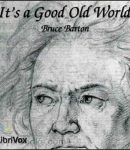
In this collection of essays, Bruce Barton, considered to be among the most influential advertising men of the 20th century, uses history, religion and current events of the 1920s to teach common sense ideals. From Jesus to Beethoven to Napoleon to Abraham Lincoln, Barton uses stories of great individuals to encourage the reader to make the most of life and at the same time to build strong character traits. [chương_files]

This is a collection of poems recorded by LibriVox volunteers for the month of January 2011. [chương_files]

This is a collection of poems read by LibriVox volunteers for December 2011. [chương_files]
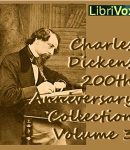
2012 is the 200th anniversary of Dickens’ birth. This is the third volume of this collection, which aimed to catalogue as many as possible of Dickens’ short works which had not previously been recorded for LibriVox. (Summary by Ruth Golding) [chương_files]
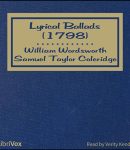
Lyrical Ballads, with a Few Other Poems is a collection of poems by William Wordsworth and Samuel Taylor Coleridge, first published in 1798 and generally considered to have marked the beginning of the English Romantic movement in literature. The immediate effect on critics was modest, but it became and remains a landmark, changing the course of English literature and poetry. Most of the poems in the 1798 edition were written by Wordsworth, with Coleridge contributing only four poems to the collection, including one of his most famous works, The Rime of the Ancient Mariner. (Additionally, though only the two writers are credited for the works, William’s sister Dorothy Wordsworth’s diary which held powerful descriptions of everyday surroundings influenced William’s poetry immensely.) (Summary by Wikipedia) [chương_files]

John Dryden published Absalom and Achitophel: A Poem in 1681. It is an elaborate historical allegory using the political situation faced by King David (2 Samuel 14-18) to mirror that faced by Charles II. Each monarch had a son whom a high-ranking minister attempted to use against him. James Scott, first Duke of Monmouth, Charles II’s illegitimate son, was detected planning a rebellion late in 1681, supposedly instigated by the Earl of Shaftesbury, who was tried for high treason, and it is believed that Dryden wrote the poem in an effort to sway the jury in his trial. The fates of both Absalom (Monmouth) and Achitophel (Shaftesbury) are left unspecified at the end of the poem (Monmouth did rebel in 1685, after his father’s death, and was executed, and Shaftesbury was acquitted), but we are left to surmise that their fates would resemble those of their Biblical counterparts: Absalom was killed against David’s instructions and Achitophel hanged himself. The poem can be enjoyed without any special knowledge of either the Bible or seventeenth-century English history, but it is useful to understand why Monmouth (AKA Absalom) was such a useful tool to use against his father: Charles had many illegitimate offspring, but his wife was barren, so at his death the crown would pass (did pass) to his brother, James, who was Catholic, but Monmouth was Protestant as well as well-beloved by both the king and the people. England had good reason to dread a return of officially enforced Catholicism. The […]
Copyright © 2024 | FreeAudible